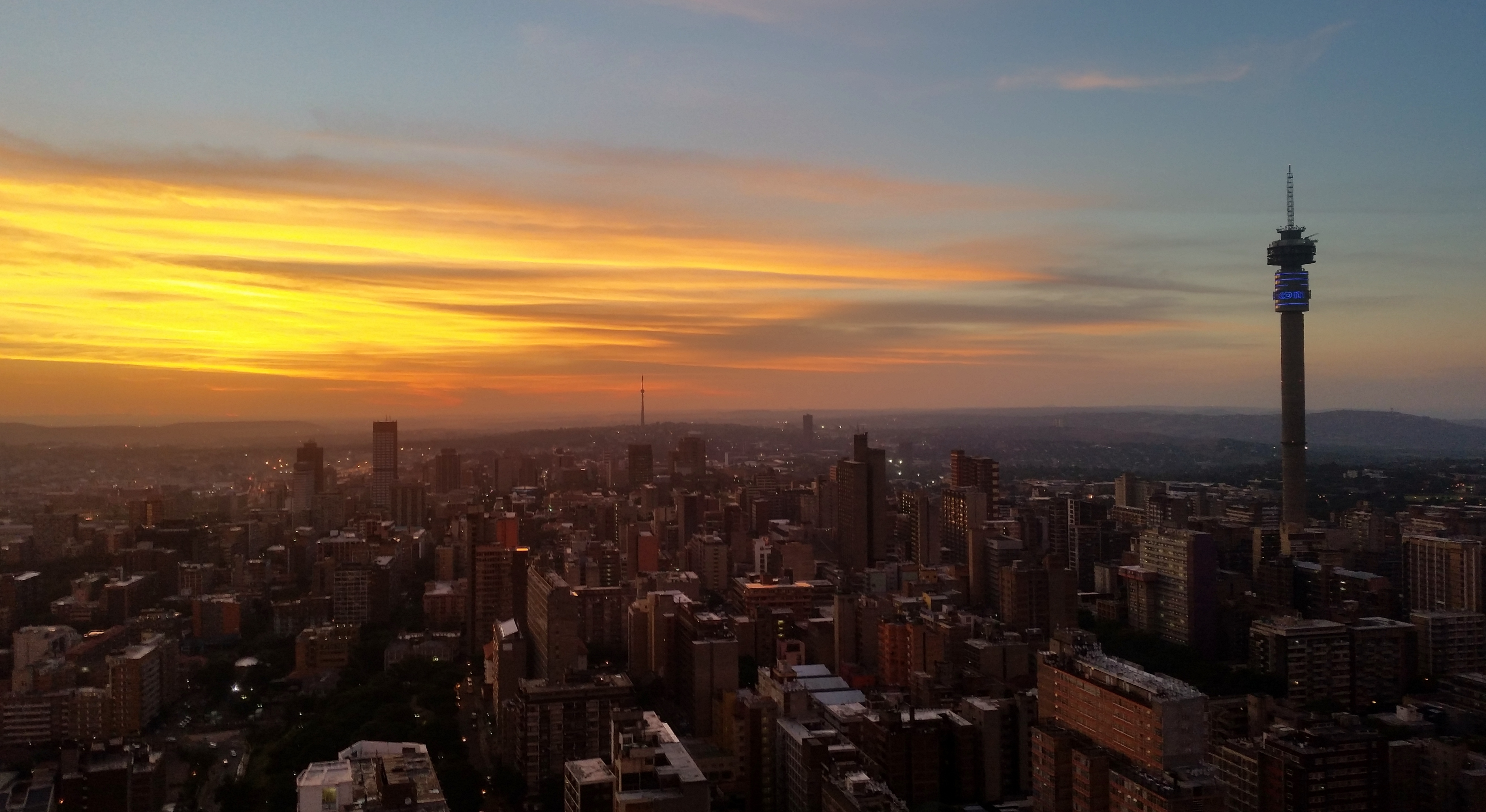As the JSE All Share Index broke through a new record high of 90,000 points, the rand “strengthened”, trading closer to R18 against the US dollar and Absa became the latest bank to revise its growth forecasts for 2025 upwards. One couldn’t help but think that despite all the negative headlines, things might not be as bad as we think.
Caveat: Much of the positive rand performance relative to the US currency does appear to be a function of dollar weakness over rand strength, and yes, I do appreciate that a stock market does naturally trend upwards, so neither of these points should be seen in isolation.
The debate around the passing of the national Budget has been intriguing. For too long we’ve had limited accountability when it comes to how South African taxes are spent and we’ve created a world where “millions” and “billions” are bandied around without little comprehension of the true value.
This was highlighted recently when Mmusi Maimane from Build One South Africa called out a R408-million “one-off gratuity” to the taxi industry. If we work on the rule of thumb that the entry-level national minimum wage is R70,000 per annum, this represents 5,828 jobs that could potentially have been created with this gratuity.
Social media aside, I don’t think even Madiba could have imagined a South Africa where the two most measured politicians currently are Gayton Mckenzie from the Patriotic Alliance and Corné Mulder from the Freedom Front +… and they actually agree with each other.
On top of this, an organisation like Sakeliga – which is aggressively pushing back against B-BBEE legislation – has also gone on record that it doesn’t buy the concept of the “Doomsday Coalition” that the DA uses for fearmongering.
Excuse the pun, but not everything is black and white in South Africa.
Further to this, it appears that we will be off the Financial Action Task Force (FATF) “greylist” by October 2025 – a key part of South Africa participating in global financial markets.
Last, we might actually have excess electricity generation for the first time in nearly 20 years as Kusile and Medupi come online and are supplemented by a variety of solar and wind energy projects. A decade overdue and a couple hundred billion rand over budget, but we got there!
Next step: a coherent national strategy
If we agree that the world isn’t coming to an end, what is missing is a coherent national strategy.
Perhaps the challenge can be best captured in the developments around the cannabis sector in South Africa. In his 2025 State of the Nation Address, the President said: “We want South Africa to be leading in the commercial production of hemp and cannabis.”
Fewer than six weeks later, the health minister gazetted regulations prohibiting the sale, importation and manufacture of food products containing cannabis and hemp. A week later, the Gazette was withdrawn following pressure from the President.
This lack of alignment can also be seen around vanity projects including the National Health Insurance (NHI) and the Transformation Fund. The ANC’s voting patterns clearly showed that the NHI is not a selling point with their electorate and the business lobby in South Africa used hard data from the South African Revenue Service to show that you can socially engineer a vibrant SME sector.
In a similar vein, it feels disingenuous for the President to attend the annual congress of the Democratic Nursing Organisation of South Africa and say: “In 2005 we passed the Nursing Act to enable the professionalisation of nursing and to facilitate the establishment of the South African Nursing Council. Successive regulations have been passed that deal with scope of practice for nurses and midwives… Our nurses will be the backbone of NHI.”
I understand pandering to an audience, but go back and look at the annual reports from the various listed healthcare providers over the past decade and you will see many mentions of the struggle to attract, train and develop the nursing profession in South Africa. In fact, if you go back and look at the South African Nursing Council reports, there were 278,617 registered nurses in 2015. According to the council’s last annual report, there were 256,296 Annual Practicing Certificates – the equivalent of annual membership fees – paid.
If healthcare really is a strategic sector, why is the net investment – and professional output – in a skill like nursing in decline?
Ultimately, we need to start moving away from rhetoric and zeroing in on an actionable strategy. We need to identify the sectors, skills and stakeholders that will be required and then have consistent messaging around them and take control of our future.
Fortunately, we are starting to have far more robust discussions about what this future looks like and collectively we are feeling that we have the power to influence where we are going.
While I agree that there are very real challenges that South Africa needs to address, the reality is that it is a noisy time for democracy across the globe. In the same way that the Trump administration is disrupting the status quo, South Africans are recognising that it is no longer business as usual and are finding their voices, and that can only be healthy after years of mediocrity and political malaise.
It might be a little bumpy in places, but I think everything is actually going to be okay. DM
Marc Ashton, a former financial journalist and editor, is the CEO of Decusatio.





